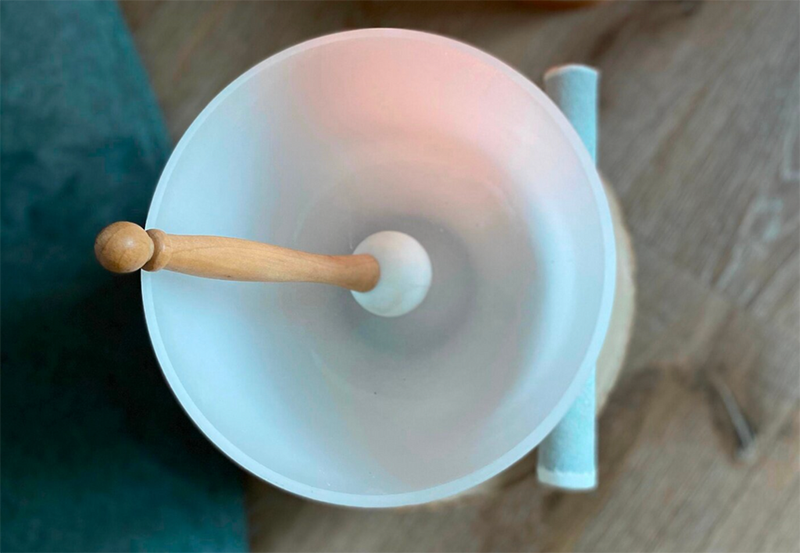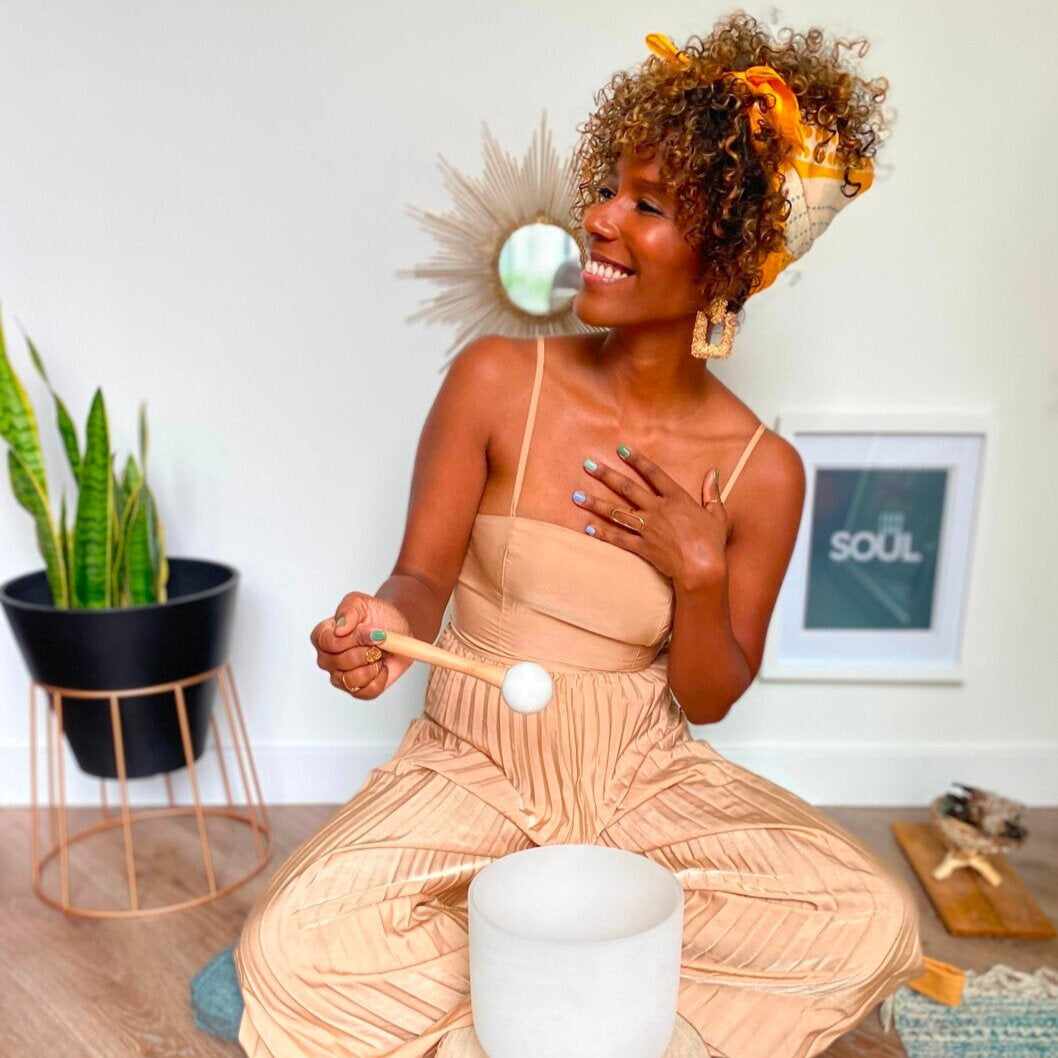Today’s guest is Dr. Mariel Buqué, a Columbia University-trained licensed psychologist, holistic mental health expert, and sound bath meditation healer. Dr. Buqué dedicates her days to supporting others on their journeys towards mental wellness, sharing guidance, resources, and actionable tips for coping with intergenerational trauma.
I’m sharing our recent chat with you here and hope you will join us on Tuesday, August 24 at noon PST for an IG Live discussion @dr.marielbuque about how mental wellness and unwellness carries through in families. Have you ever wondered how the traumas of one person can impact an entire family or how a family can learn to cope with tragedy together? We’ll be addressing that and more!
Nina Westbrook: You are a licensed psychologist with a background in holistic health and a focus on supporting people as they heal their ‘whole selves.’ Why is holistic mental wellness so important and how can it empower us all long-term?
Dr. Muriel Buqué: You know, holistic means that we are looking at the whole. The whole human and the whole impact of that person’s experiences. As a mental health clinician, when I see the whole person’s pain, their full humanity, it allows me a chance to be more in tune with what their needs are. I got lucky in specializing in holistic mental wellness. I was supervised in this approach back in grad school and it opened my eyes to more expansive ways to help. It also allowed me to be more inviting to indigenous healing methods that have offered mental wholeness to people, particularly BIPOC communities for as long as we have inhabited earth. Holism is about tending to all the parts.
NW: A lot of your work focuses on intergenerational trauma. Can you explain what that is, what it looks like, and any steps people experiencing this type of trauma can take to break the cycle?
Dr. Buqué: Intergenerational trauma is defined as the experience of trauma responses, both biological and psychological, that get passed down from the people who directly experience a traumatic experience to future generations. It can impact an individual, multiple family members, or an entire collective community. It shows up differently from person to person but some of the more common ways it presents are through a family’s difficulty with regulating their mood, self-destructiveness, interpersonal difficulties, normalization of pain, and many times abusive behaviors. The solution is found through extensive trauma therapy that helps a person, and sometimes a whole family, to dissolve their longstanding trauma responses and replace these with more adaptive coping skills that can help soothe their mind, body, and spirit.
NW: What is trauma bonding and how can someone tell if they’re experiencing this type of bond? Do you have any tips for addressing a relationship once you realize the bond you’re experiencing isn’t healthy?
Dr. Buqué: A trauma bond is an emotional connection that develops out of a repeated cycle of abuse. It’s driven by the trauma responses that each individual has and maintained through positive reinforcement, meaning that it’s maintained by the feelings of connection that both people are able to experience in the moments when they are not in chaos. If a person is hoping to work on the relationship, it can be helpful to have a therapist that can mediate the relationship and help to break the cycle of power, control, and abuse. People can learn what is fueling their bond to know where to create healthier connections and establish healthier boundaries. If a person is looking to leave the relationship, it’s important to first assess how safe they feel in their decision to leave, get support in their decision (either professional or relational support), and then still engage in some of the same steps: learn the reasons why they engage in trauma bonding, what ways they tend to fuel the bond, and learn alternate ways of being in relationships with others.
NW: We love your gentle reminder posts on Instagram. Can you share 2 – 3 guiding principles for anyone interested in beginning their personal journey towards healing?
Dr. Buqué: Absolutely, here are some of my favorites:
Breathe, because each breath is a loving reminder to your soul that you want to see it healed.
Sometimes a symptom is a sign that your environment is toxic.
Give yourself the time you need to heal from the painful past.
NW: Your sound bath meditations are incredible! For those who aren’t aware, what is a sound bath and how does it enhance the meditation experience?
Dr. Buqué : Thank you for saying so! A sound bath is an ancient wisdom-based practice that allows for sound waves that are delivered through singing bowls or other instruments to help re-calibrate the mind, body, and spirit. They have been known to have immediate and lasting effects on a person’s stress response. It helps the meditative process by bringing calm, increasing mental clarity, and reducing any tension that the person is carrying. It’s so healing in this way.

NW: Can you share a little bit about your e-book Healing the Soul – A 21 Day Challenge? What or who inspired you to write it?
Dr. Buqué: I wanted to create something that would be accessible to anyone looking to expand their healing tools, so I created this free e-book in hopes to provide people with a challenge to commit to themselves for a period of 21 days. They say it takes 21 days to build a new habit and I hope anyone who downloads this gift book develops and fosters the habit of wellness and holistic self care.

